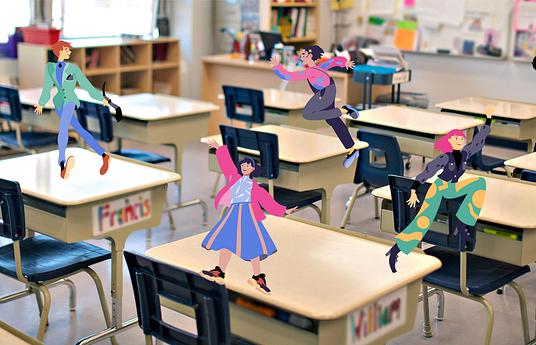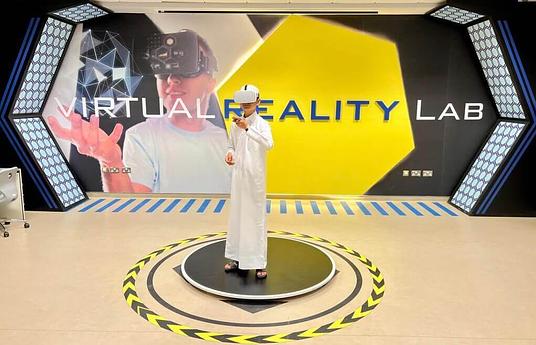After being a music teacher for 20+ years in vocational/university level, I realised that the "how does music work" question needs to be demystify for students and even teachers.
With a background in computer science I also felt that the value of computational thinking is not emphasised enough.
Game-based learning is very effective in helping students with this abstract subjects.
Students and teachers use the Big Ear app (multi platform) as their main tool.
There are 3 main areas in the app: musical puzzles, composer and social library.
Special features:
he composer auto-creates puzzles for each saved song.
Any song can be reversed.
Versatile usability: from 100% student driven to teacher-led engagement
The usability cases range from 100% student-driven (with teacher follow up) to teacher-led engagement, in class or remotely.
Examples:
● Students engage with the content of their choice, either in or out the classroom.
● Teacher-led lesson:
- Teachers introduce/demonstrate a musical theme on a large screen (using Big Ear).
- Students are completing a task in the musical theme, individually or in groups.
- Teachers supervise and answer questions.
● Students present their compositions, describe their creative process and get feedback.
For example, others guess the story they hear while expressing emotional context.
A silent-assessment integrated.
We collaborated with a partner, Lang Lang International Music Foundation (USA), that work with schools. From these schools we scaled to the whole districts.
Up to date we have 100,000 school downloads in USA (50% growth last spring).
Most of the spread organic.
Download the app, freemium content (universal link for android and iOS):
https://bigeargames.page.link/install
Enter a coupon to activate the educational version with teacher or student features.
HUN-TEACH (for teacher side) and HUN-STU (for student side).
The coupon should be entered in the app's shop (teacher/student icon).
Contact us for additional info.


